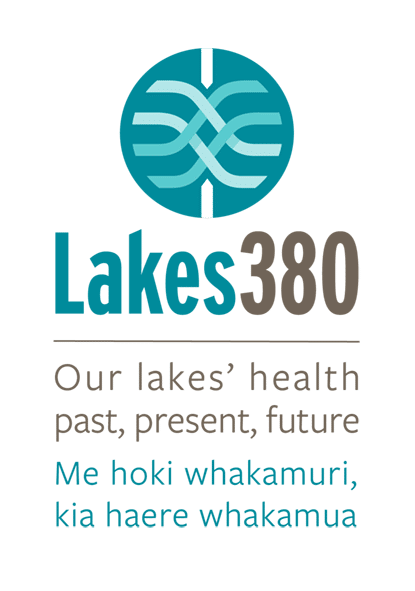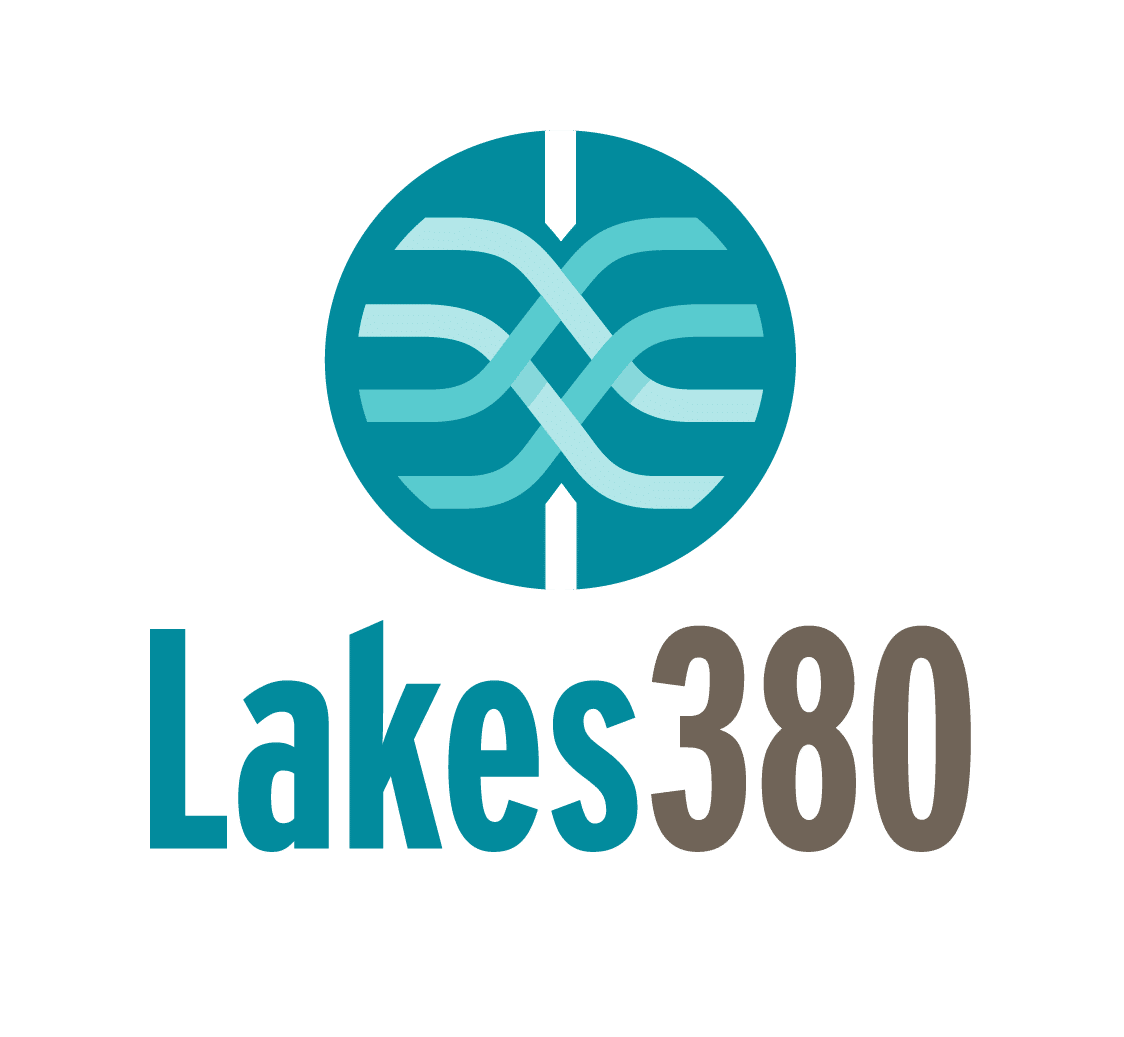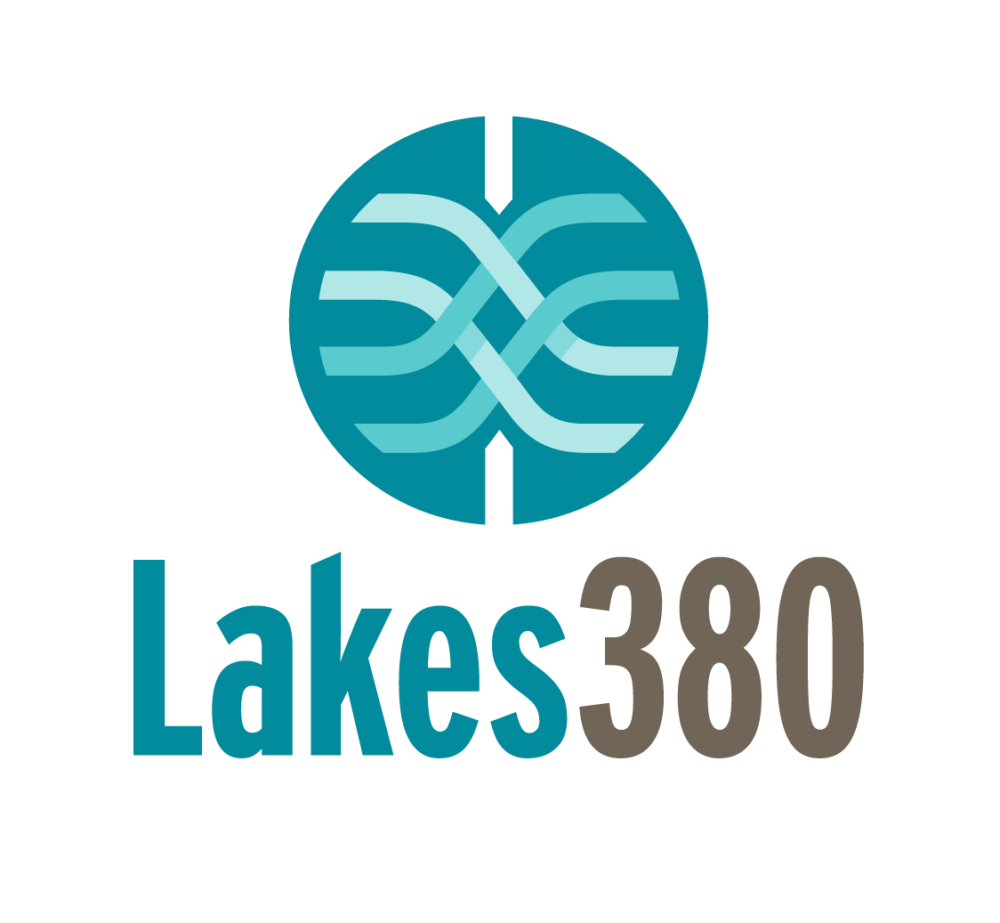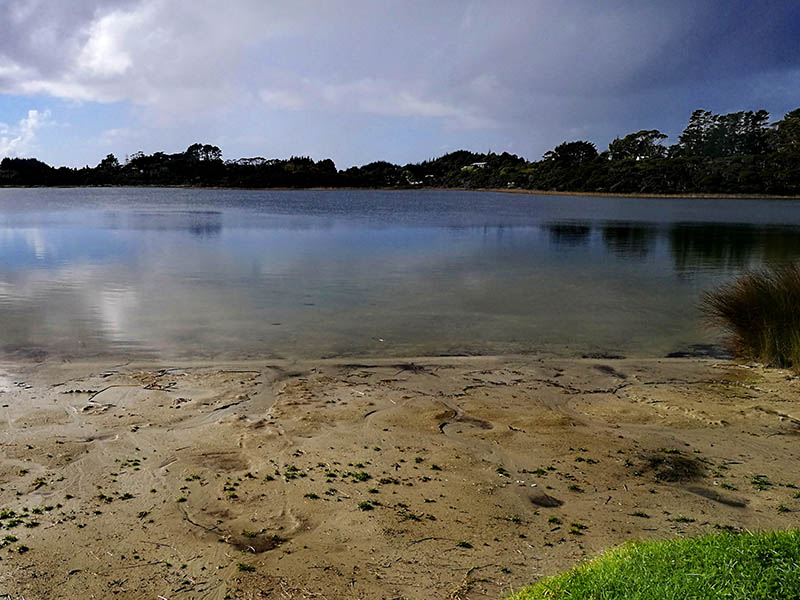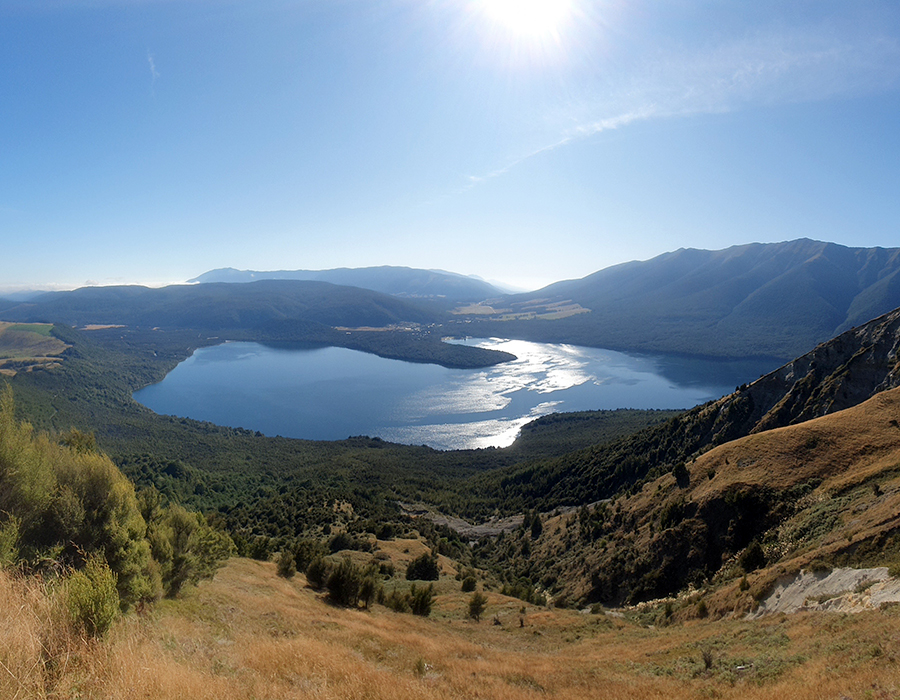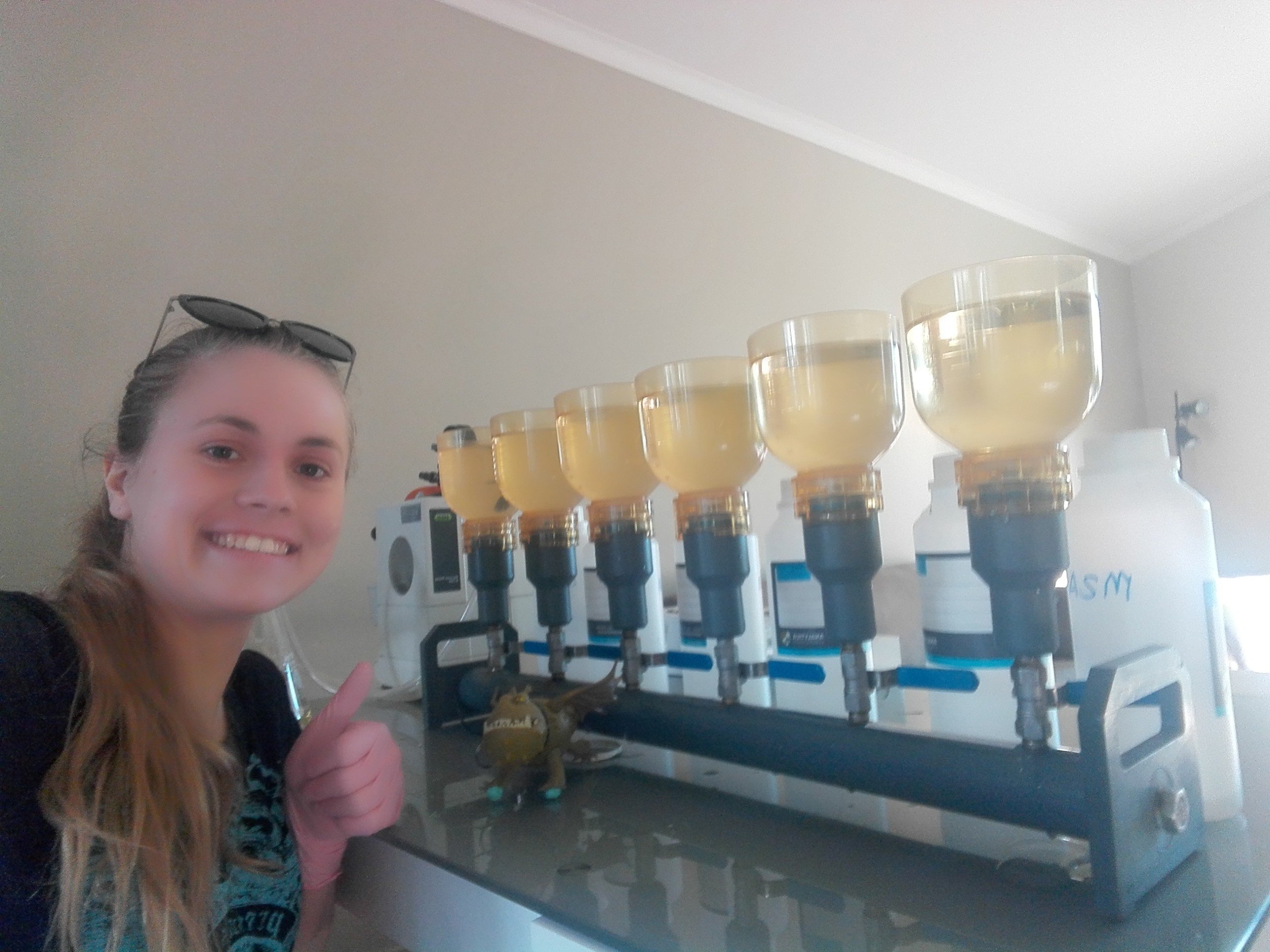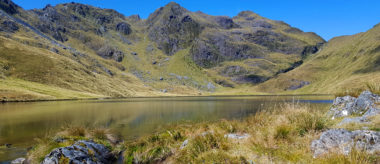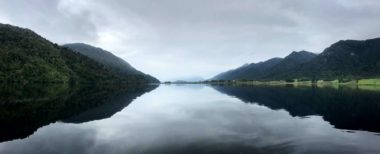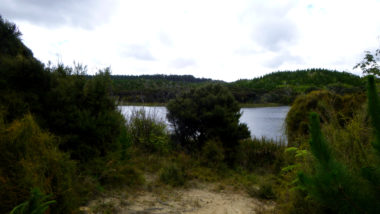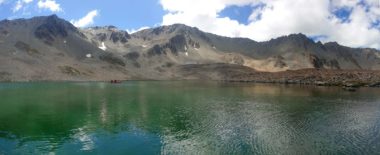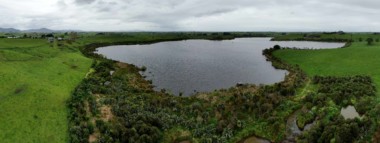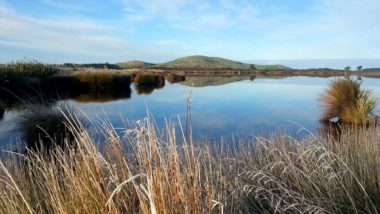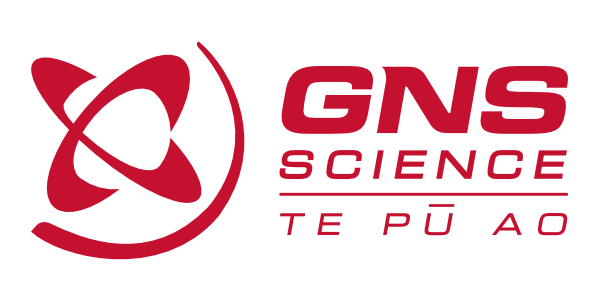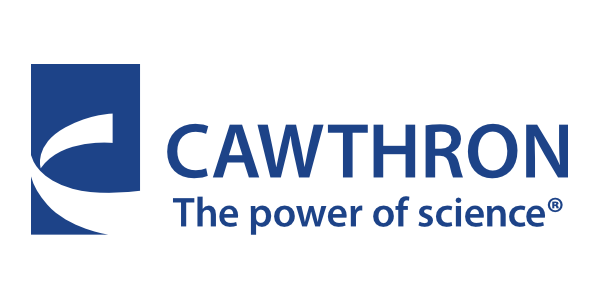THE PERSPECTIVE OF A MASTER’S STUDENT
By Carrie Page MSc (Ecology), Massey University
When the opportunity came up for me to join the Lakes380 team conducting some fieldwork, I jumped at the opportunity, as most of my experience has been lab based. This was my first time in the field, outside of University fieldtrips for my bachelor’s papers. I joined the team on the second half of the Phase One Northland lake sampling. This was highly appealing to me as we would be sampling the northern dune lakes. Coming from the South Island my experience of lakes extended to Alpine lakes, both glacial and landslide, so the dune lakes were going to be something new to experience with their differing geomorphology.
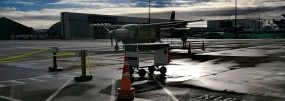
The first day started with what I thought was going to be a straightforward flight to Kaitaia. Little did I know that the weather had other ideas. From Nelson to Auckland went off without a hitch. However, the last leg to Kaitaia suffered multiple delays and cancellations due to ice in the upper atmosphere. The result for that day was that we couldn’t get to Kaitaia and ended up staying the night in a hotel in Auckland. It wasn’t until the next day when we boarded the Barrier Air aeroplane that I fully realised why they couldn’t fly. The plane had a total of 9 seats.
On the second day we managed to get off the ground to Kaitaia, arriving just before midday. This left us with just enough time to sample Lake Ngatu. So, we weren’t too far behind schedule as a result of being unable to fly the day before. However, the sampling wasn’t without casualties. 2 pairs of sunglasses were broken at that lake.
The next day we set out to sample Lakes Waiparera and Katawich (Waiopo). Along the way I realised that I had never been that far north within NZ before and I was surprised how flat it felt. The landscape wasn’t flat-flat like plains, but the rolling hills were a lot flatter than the mountains I was used to in the South Island. Before we sampled Lake Waiopo we met with the landowners one of whom was in his 80’s and had grown up on the land. This offered a fascinating insight into the lake’s history, as to his knowledge, the lake originally formed on a burnt-out marsh. More weight was added to this story as the lake cores seemed to show peat at the bottom. However, this also made the coring more difficult (difficult, may be an understatement) and reach the goal of 1-meter cores.
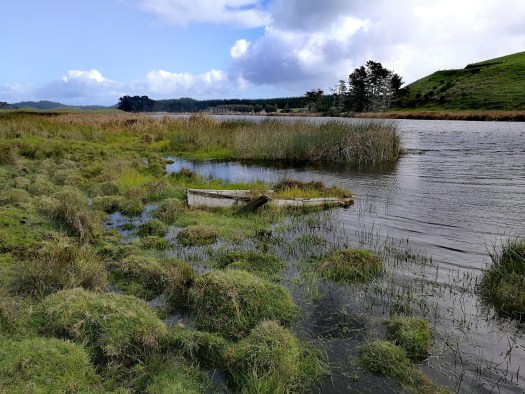
The following day we cored Lake Rotokawau, which was an amazingly sheltered picturesque lake. This lake ended up being the favourite for the trip, due to the photographic nature of the lake. After sampling Lake Rotokawau we returned to base to split the cores which were in storage, to prepare them for shipping back to Wellington.
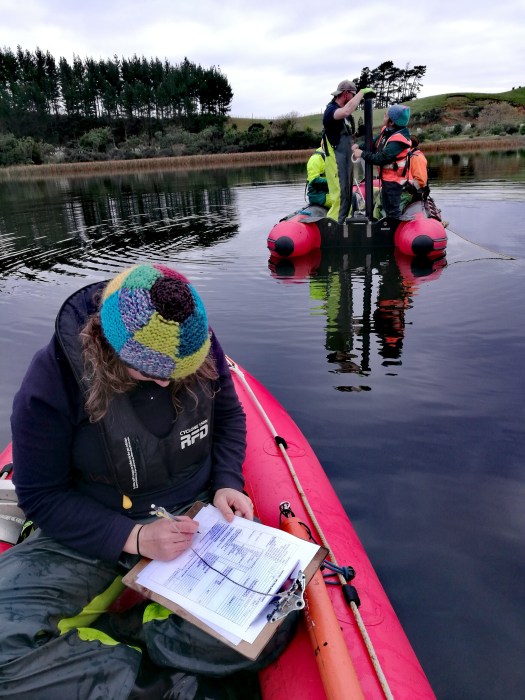
The second to last day of sampling we once again sampled two lakes, Lakes Ngakapua and Carrot. Then the last day of sampling was Lakes Rotokauau (Kari Kari) and an small lake separating it by a narrow land bridge. Both lakes were difficult to core as the cores wouldn’t hold as they were bought above the waterline. To finish up the fieldwork the final cores were split for packing and all the gear was packed up.
Looking back on the trip, it was an amazing opportunity to see how the sampling was conducted. From the ponar, to the Uwitec percussion corer, and how both the cores and the surface sediments were collected. It also allowed me to gain clarity for my thesis, and along the way I had an epiphany regarding the direction for my second chapter. I cannot thank enough the team that I was able to join and those within the Lakes 380 project who offered me the opportunity to be a part of the fieldwork and the overall project. I look forward to seeing the results for not just these lakes, but all of the 380 lakes sampled throughout New Zealand.

